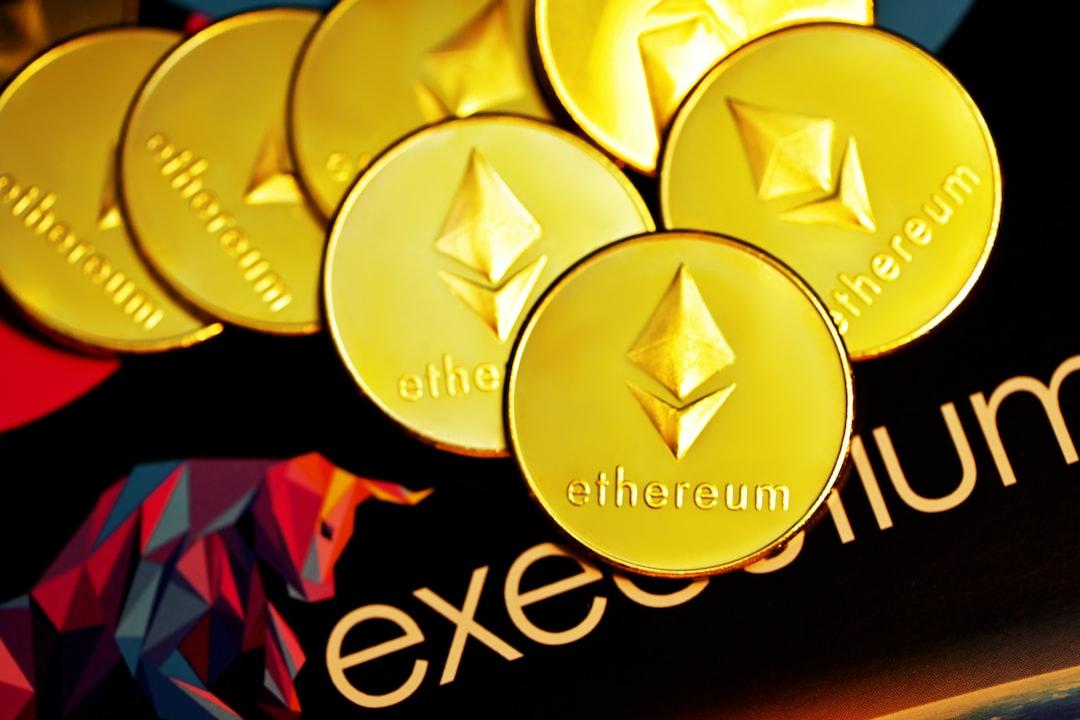What happened?
The blockchain BNB Chain has launched a one-stop tokenization service to assist individuals and businesses in entering the RWA (Real World Asset Tokenization) sector. Users can convert physical assets such as real estate, artwork, and commodities into tradable tokens issued on the BNB Chain. Businesses can also issue their own tokens through the platform. By 2030, the RWA market size could reach between $2 trillion and $10.9 trillion. This solution aims to help businesses reduce costs and quickly enter the market.
BNB Chain Launches One-Stop Tokenization Service
BNB Chain, a blockchain supported by the world’s largest cryptocurrency exchange Binance, has launched a one-stop tokenization service to assist individuals and enterprises in entering the RWA (Real World Asset Tokenization) sector.
RWA refers to the tokenization of tangible and intangible assets such as watches, real estate, wine, cards, and bonds from the real world, creating a virtual counterpart in the blockchain world with value linked to the original asset.
According to a BNB Chain announcement, the service incorporates compliance tools and offers simple and clear guidance steps, including asset securitization and on-chain token minting, allowing users to complete the tokenization process without a technical background.
The tokenization service includes physical asset tokenization and company tokenization. The former allows users to convert physical assets like real estate, artwork, and commodities into tradable tokens issued on the BNB Chain. In this way, traditionally indivisible assets can be broken down into several tokens and traded in the market, enhancing asset liquidity.
Company tokenization services enable businesses to issue their own tokens through the platform, becoming an innovative operational method for enterprises. Whether tokens are used for loyalty programs or membership systems, they can diversify user engagement experiences.
For small and medium-sized enterprises, BNB Chain’s one-stop tokenization service can reduce resource investment and lower the barrier to entering the blockchain market. BNB Chain hopes to attract more new users to its ecosystem through this service, promoting the large-scale adoption of Web3 technology.
Why is the RWA field worth attention?
In fact, BNB Chain’s tokenization solution is just one of many innovations driving the “on-chainization of physical assets.”
The DeFi (Decentralized Finance) platform Tren Finance released a “Real World Asset Tokenization” report last month, indicating that by 2030, the market size could reach between $2 trillion and $10.9 trillion, making it a significant growth area in the fintech market.
Therefore, in addition to native Web3 companies, many traditional financial institutions are also actively deploying in the tokenization market. For example, financial giant Visa announced the launch of a new platform, Visa Tokenized Asset Platform (VTAP), in October to help financial institutions mint, burn, transfer, and settle stablecoins and central bank digital currencies on the blockchain.
VTAP will provide institutional investors and central banks with a complete infrastructure. Banks can allow customers to purchase tokenized goods or treasury bills and experience real-time settlement on the blockchain, shortening traditional financial transaction times.
In addition to Visa, BlackRock, Franklin Templeton, J.P. Morgan, and even central banks of various countries have already ventured into exploring real-world asset tokenization.
Jimmy Zhao, a senior solution engineer at BNB Chain, pointed out that the BNB Chain one-stop tokenization service is designed to help enterprises enhance asset liquidity and create new revenue sources through tokenization solutions, boosting brand competitiveness in the digital economy.
Sources: Cointelegraph, BeInCrypto, BNB Chain

